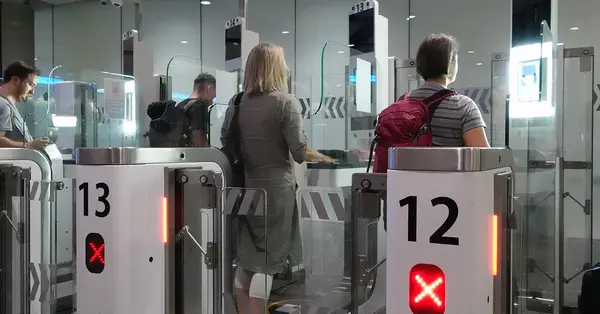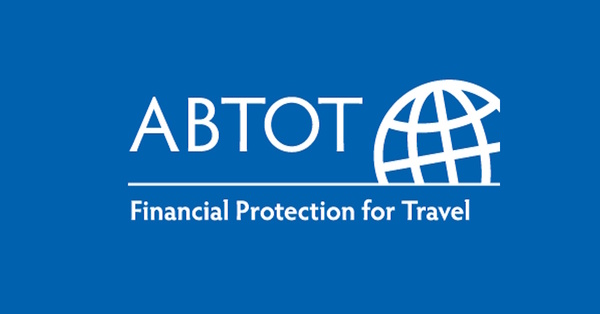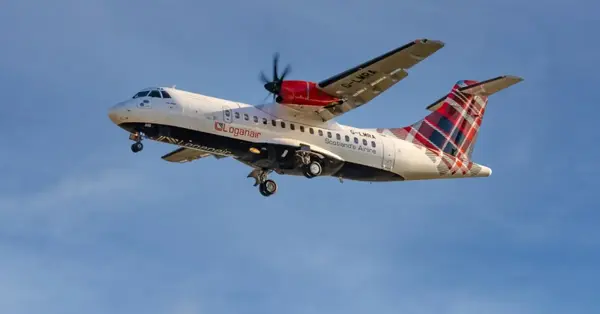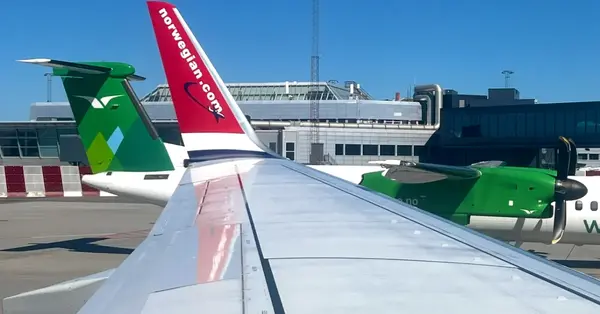You are viewing 1 of your 2 free articles
Holidaymakers ‘still want to travel to amber destinations’
Industry leaders say people still want to travel to destinations on the government’s amber list ahead of the next traffic light review despite government advice against doing so for leisure.
Twelve destinations made the green list on Friday, with European holiday hotspots like Spain, France, Greece and Italy defaulting to amber, which requires 10 days’ self-isolation at home on return, or test to release.
Only a handful of destinations not on the green list are exempt from the FCDO’s blanket advisory against international travel as it stands. From May 17, it is no longer illegal to travel overseas.
Package travel operators will not put on holidays to destinations which the Foreign Office (FCDO) advises against travel to, and any travel to such destinations would invalidate most travel insurance policies.
More: Trade bodies call for clarity over Foeign Office travel advice
Paul Cleary, chief executive of Caribtours, predicted 50-60% of those booked from its first departures on May 23 to the end of August will still travel.
He said the government’s latest announcement has made the process of booking “even more confusing” and said his interpretation of amber was that travel is allowed as long as the FCDO does not advise against travel.
“For a lot of my clients it will be an option [given the testing costs and requirement to quarantine on return].”
He said amber is “all I’ve got to play with at the moment” and said it was “very important” to get across the message that “if you’re in a position to, you can travel in amber” adding that many people without children may wish to between May 17 and the summer, when he expects more destinations to be on the green list.
Speaking after the webcast, Cleary clarified that Caribtours would only send customers to destinations were the FCDO did not advice against non-essential travel.
He pointed out: “The government has said that you shouldn’t travel for leisure, not that you cannot travel for leisure. It won’t be illegal anymore, from May 17.
“Our interpretation of that is that you can travel as long as the FCDO advice allows it. We’re not trying to be clever, but it is confusing for customers who want to get away.”
He said that about half of customers on existing bookings were put off by the complexity but that the other half were keen to go ahead with their holiday plans and were happy to self-isolate at home for ten days on return if required – “again, as long as FCDO advice allows”.
Speaking on the webcast, Paul Charles, chief executive of the PC Agency, pointed out the government’s ‘declaration for international travel’ form “disappears” from May 17, “so you can travel without needing any reason”.
He believes “many people can and will travel to amber countries, despite the government saying they don’t really want you to travel for leisure reasons”.
Charles said “it’s only an advisory, it’s not illegal”, adding: “There are enough people who will travel to amber zones, and quite happy to self-isolate when they get back.
He also pointed to “some loopholes”, such as: “There’s nothing to stop you flying to Portugal, if you own a second home, for example, and then driving across to France, Spain or Italy, in a hire car, and staying there until those countries go green, probably at the end of June.”
Asked if suggesting loopholes was responsible, he said he doesn’t expect people using the loopholes to book packages, but said “it is an option”.
Steve Heapy, chief executive of Jet2hlidays, which has suspended all package holidays to June 24, said “some people will still travel with amber and some people won’t”.
He said: “People that work in hospitality, supermarkets and the NHS, can’t afford to have a week off, or they’ll have a week off and it’ll be unpaid,” adding: “As the UK domestic economy starts to crank up, I think there will be less and less people that can afford to take five, eight days off work to quarantine”.
Heapy also said that putting destinations on the green watchlist – which is yet to be published – “is as bad as putting it on amber” and that “people aren’t going to book”.
He said the concept was “negatively skewed” as destinations will be seen as “going towards amber” while there are “no ambers going towards green”.
A watchlist for amber list destinations that could move to green would be “good”, he said, making the point that “running an airline isn’t like getting in a car, turning the key and driving off” and that “cranking up airlines’ full operational capacity is quite a big job” and would require weeks of planning.


















